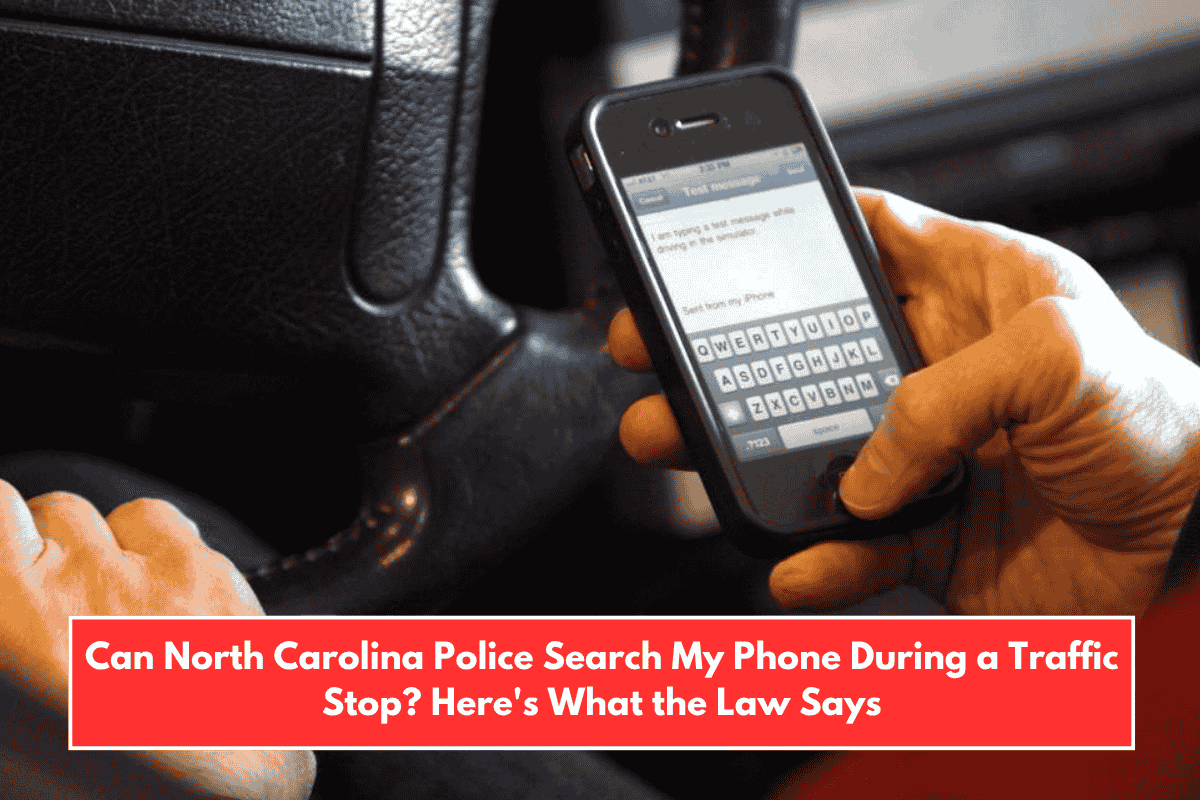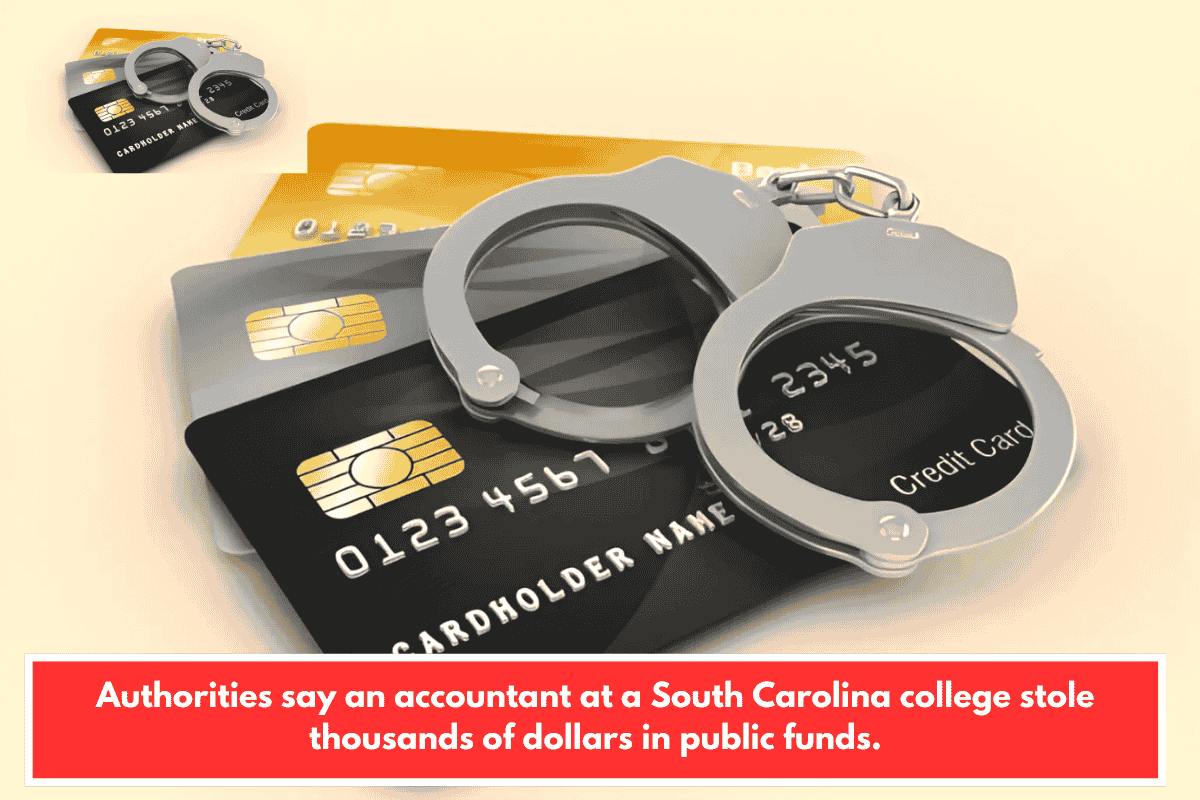General Rule: Warrant Required
- Police generally cannot search your phone during a traffic stop without a search warrant. Your cell phone is protected by the Fourth Amendment, which means you have a reasonable expectation of privacy in your digital devices.
- The U.S. Supreme Court (Riley v. California) and North Carolina law both require police to obtain a warrant before accessing the contents of your phone, even if you are arrested.
Exceptions to the Warrant Requirement
Police may search your phone without a warrant only in specific circumstances:
- Consent: If you voluntarily allow the officer to search your phone, no warrant is needed.
- Exigent Circumstances: If there is an emergency—such as imminent danger to life, risk of evidence destruction, or hot pursuit—police may be allowed to search without a warrant.
- Search Incident to Arrest: While police can search you and your immediate possessions after an arrest, the contents of your phone are still generally off-limits without a warrant, except under the above emergencies.
Unlocking Your Phone
- Police cannot force you to reveal your password under the Fifth Amendment, which protects against self-incrimination.
- Biometric unlocking (fingerprint or face): The law is less clear, and in some cases, police may be able to compel you to unlock your phone using biometrics, but not with a memorized password.
What Should You Do During a Traffic Stop?
- You have the right to refuse consent to a search of your phone, car, or person.
- If an officer asks to search your phone, you can politely decline unless they present a valid search warrant.
Summary Table: Police Phone Searches in North Carolina
| Situation | Can Police Search Your Phone? |
|---|---|
| No warrant, no consent | No |
| With your consent | Yes |
| With a valid search warrant | Yes |
| Exigent circumstances/emergency | Possibly (rare and specific situations) |
| After arrest (no warrant) | No (contents protected by Riley v. California) |
Bottom Line:
North Carolina police cannot search your phone during a traffic stop without a warrant or your consent, except in rare emergencies. You are not required to unlock your phone or provide your password, and you can always refuse a search unless presented with a warrant.
SOURCE
[1] https://nccriminallaw.sog.unc.edu/tag/cell-phones/
[2] https://nccriminallaw.sog.unc.edu/when-can-the-police-seize-a-cell-phone-incident-to-arrest-and-how-long-can-they-keep-it/
[3] https://www.carolinaattorneys.com/blog/what-is-required-to-search/
[4] https://forensicresources.org/resources/unc-school-of-government-articles-on-digital-evidence/
[5] https://www.garrettandwalker.com/can-police-force-you-to-unlock-your-phone-in-nc/














